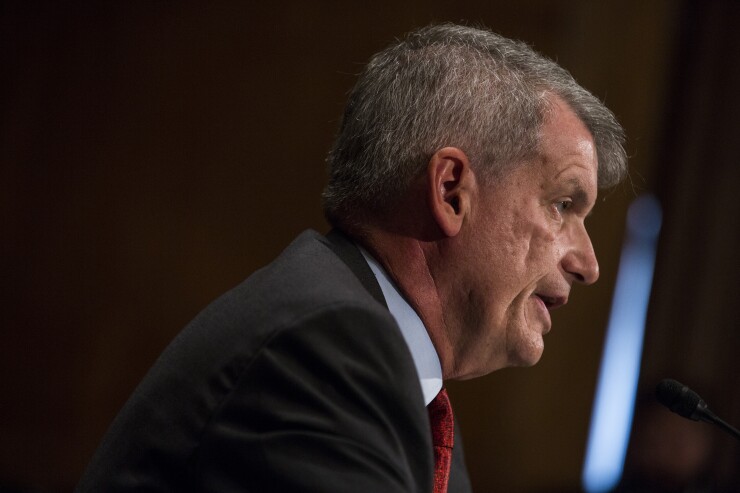Breaking News
BofA beats estimates: Bank of America said its
Receiving Wide Coverage ...
Not good enough: Robust earnings reported by Wells Fargo, Citigroup and especially JPMorgan Chase — which reported a record $8.7 billion in net income for the period, up 35% from a year earlier — were attributed to a lower tax bite and higher revenue from lending and securities trading. But the good news failed to impress investors, who took profits in bank stocks on Friday “on signs of tepid loan growth, particularly from businesses, and a lack of new earnings drivers after a run-up in valuations.”
“For their shares to keep moving higher, they need economic optimism to translate into
Wells disclosed in its first-quarter earnings report that it may need to restate its earnings for the period. The bank also noted, which had been previously reported, it faces a possible $1 billion in fines from the Consumer Financial Protection Bureau and the Office of the Comptroller of the Currency. The bank said it charged thousands of auto loan customers for insurance they didn’t need, causing some of them to default on their loans, and improperly charged rate-lock fees on some mortgage customers.

“Such a penalty would dwarf the $185 million in fines and restitution Wells was ordered to pay” in 2016 after it opened millions of accounts without customers’ knowledge or approval,” the Financial Times notes. In February, the Federal Reserve barred the bank from growing beyond its current $1.95 trillion in assets.
The five biggest Wall Street banks and “
Wall Street Journal
Reg reboot: Regulators have proposed
The Dodd-Frank rollback bill passed by the Senate last month and currently stalled in the House doesn’t do much for some small community banks. “The mixed sentiment about the bill poses a challenge to the lawmakers trying to push the legislation through the House and to President Donald Trump’s desk. Some Republicans say it doesn’t go far enough to deregulate the industry,
Different strokes: Meredith Whitney, who was credited 10 years ago for “
Financial Times
Marching on: Goldman Sachs has agreed to buy Clarity Money, a free app that aims to help consumers make better financial decisions. The move continues Goldman’s “march
New York Times
We’re the other guys: The Lower East Side People’s Federal Credit Union in New York City
Elsewhere
Credit bonus: Starting Monday, some consumers may find themselves with a credit score as much as 30 points higher than before, as the major credit bureaus start
Quotable
“It’s spring time for banks: it’s finally warm in New York, and this is the





